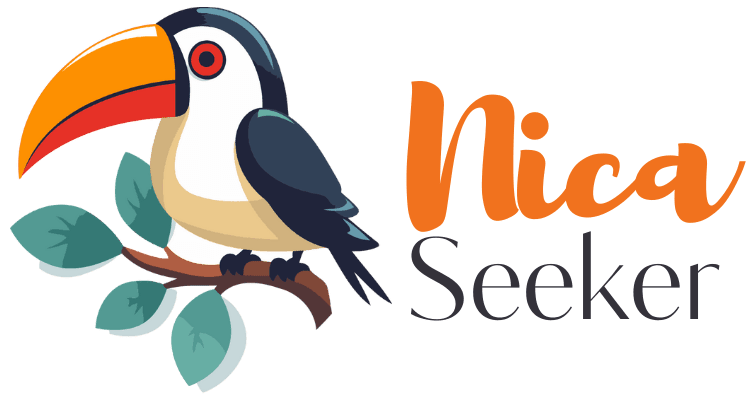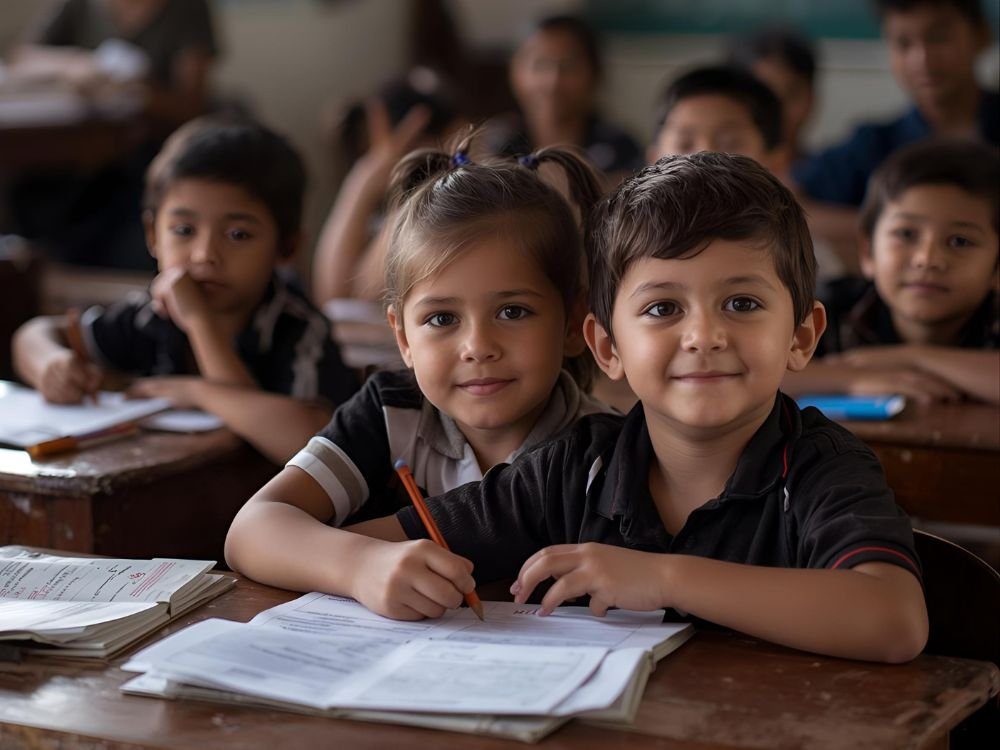Nicaragua school age laws are somewhat ambiguous in practice. But under the Education Law, children must attend school through primary years (until about age 12). In this article, we explore how compulsory education works, legal nuances, and schooling options for expats in San Juan del Sur (SJDS).
Overview of Nicaragua’s Education System
Elementary (primary) school in Nicaragua is free and officially compulsory. Public education typically runs from around age 6 to 12 while secondary education (ages 12–17) is defined in law but enforcement of compulsory attendance becomes more complex.
Mandatory Nicaragua School Age & Legal Ambiguities
Starting Age & Primary Years
The law indicates that primary school is the core of mandatory education, which in practice runs from age 6 through 6th grade (about age 12). The Constitution mentions basic education as compulsory, but it does not fix a precise age in all cases.
Does Compulsory Education Extend Into Secondary?
Some legal texts (e.g. the Childhood & Adolescence Code) suggest that both primary and secondary education should be compulsory. However, in practice, many children leave after primary school.
Education in Nicaragua is framed as both a right and an obligation under national law. The legal basis for the Nicaragua school age and rules comes from the Código de la Niñez y la Adolescencia (Childhood & Adolescence Code), which outlines the rights and protections for children, including access to education. According to this framework, school attendance is compulsory during the years of primary education. You can review the official Childhood & Adolescence Code of Nicaragua for the full legal text.
School Options for Expats in SJDS
If you’re in San Juan del Sur (SJDS), here are your schooling options:
International Schools in SJDS
There are currently three international schools in SJDS:
- Tambran School — This is a new school, located in SJDS, with a campus under construction at the TreeCasa development. Tambran offers pre-school, primary and secondary level education. The fees are approximately USD $3000 per annum, plus compulsory fees for the provision of meals and additional administrative expenses.
- Adelante – A cheaper option, with alternating English and immersive tuition and very traditional teaching practices employed.
- The Day School – a more established school, with pricing comparable with Tambran school.
Public Schools & Immersion Experience
Full immersion in Spanish can come via public schools, which charge very low fees. Teaching methods are very traditional, and curriculum levels are generally behind international standards.
Alternative / Homeschool / Pod Options
Some expats choose homeschooling or learning pods. For instance:
- Jungle Learning Pod (ages 9–14) — Focuses on STEM, literacy, numeracy, permaculture, art, and real-world learning. (More at nicaseeker.com/jungle-learning-pod.)
- There is also a teen learning pod currently using the Tambran campus as its location. This pod supports older students who have their own online learning programs, with a tutor available to provide one-to-one assistance with the various programs.
Nicaraguan law generally does not recognize homeschooling for nationals in many cases, and children must be up to date on vaccinations. However, these enforcement rules are rarely applied to expat families.
Challenges & Realities in Rural Areas
In less developed regions around SJDS and beyond, many Nicaraguan children legally **could** leave school earlier to support family income. Saturday schooling programs exist in the SJDS area, offering additional classes for those wanting to advance. (Information may vary locally.)
Comparisons & What to Know for Expats
Compared to other countries, Nicaragua’s school age approach is looser in enforcing compulsory attendance beyond primary school. Expats should be aware that secondary schooling may require selecting private or international options.
For more comprehensive educational options in Nicaragua, see our post Nicaraguan Education System: Great School Choices for Expat Families.
Conclusion & Advice
While the official **Nicaragua school age** for mandatory education centers around 6 to 12 years, beyond that the rules are a little less clear. For expat families in SJDS, international schools like Tambran and local learning pods provide alternatives. Public schools can be a good immersion tool but have their limits.
If you’re planning your children’s education in Nicaragua, explore these school options, homeschool alternatives, and learning pods to find what fits best. Check out what Nicaragua has to offer educationally!
⚖️ Disclaimer: This article is for informational purposes only and does not constitute legal advice. Education laws and enforcement can change, and expat circumstances can differ. Always verify with local authorities or schools before deciding.



